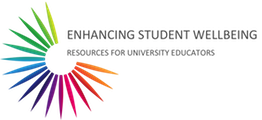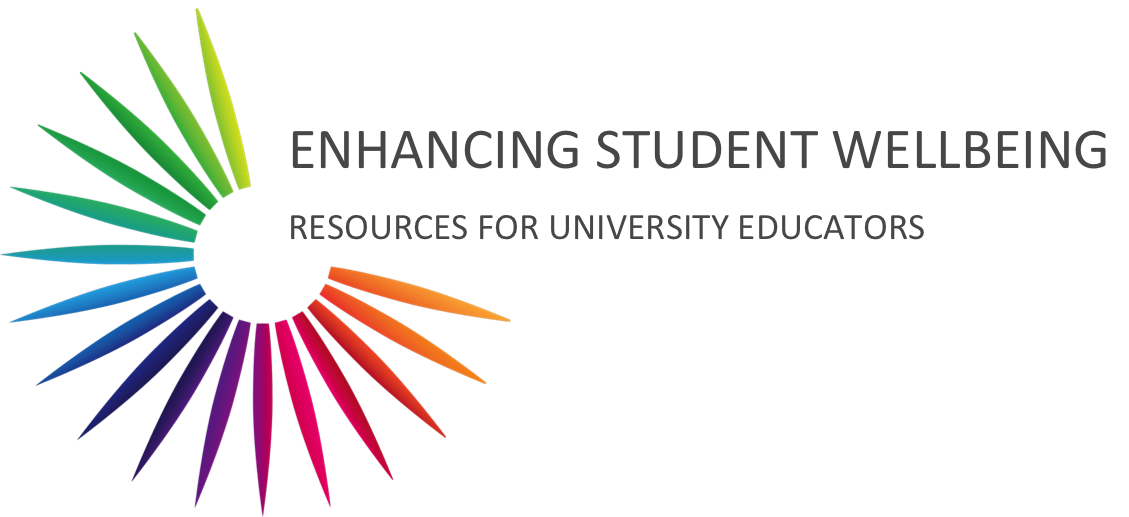Review your understanding of student wellbeing and curriculum design by applying a ‘wellbeing essentials’ approach to some persistent curriculum challenges and current debates.
Consider how you would answer the following questions, remembering that your goal is to create opportunities for students to experience autonomous motivation, belonging, relationships, autonomy and competence (M-BRAC). Click the + symbol to see our responses.
- How they are introduced to students
- Whether students are equipped cognitively and emotionally to engage with the materials/topics
- How students who experience distress are supported
- Whether the materials or topics are perceived by students as relevant and important to the required learning.
In short, it is how and when potentially distressing materials and topics are introduced to students that matters. That said, it is important that you recognise which materials and which topics may be psychologically distressing for some students (even if they are not to you); otherwise, students may feel that their reactions are inappropriate, or that teachers are uncaring.
- Ensuring that guidelines and criteria for assessment are made explicit and that students understand them
- Helping students understand the standard required for a good result in the subject, perhaps by working through an example together
- Giving students numerous opportunities to rehearse and practice the skills necessary to complete the assessment task
- Providing numerous opportunities for students to receive formative feedback on their learning during the subject
- Helping students develop metacognitive and self-regulation skills.
Student mental wellbeing is better supported by strategies such as:
- Providing appropriate academic skills training and support for those who need it
- Ensuring that threshold concepts and skills are acquired early and consolidated throughout the course
- Ensuring that curriculum crowding is not preventing students from pursuing topics of interest in depth.
- The requirements of the assessment tasks – i.e., do the low value tasks reflect the effort it will take for students to complete regular assessment?
- The relationship between the assessment tasks and the subject learning outcomes – i.e., do tasks build on each other to align with and develop the core learning outcomes?
- The opportunities students have to receive feedback on their performance and use it to improve in future assessments.

